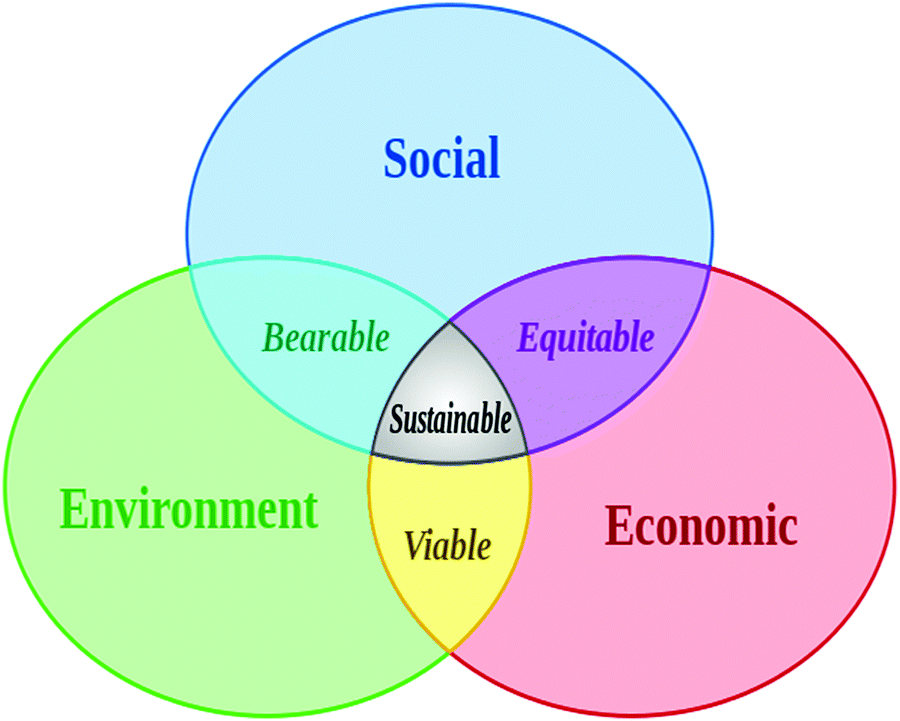
Wiki / Nachhaltigkeit
Inhaltsverzeichnis: (verbergen)
|
༺•❄•༻ 
Arumlilie (Zantedeschia aethiopica) |
Persönliche Bekenntnisse
Eigenschaften und Verhalten von würdevollen Menschen
|
|
Personal avowal
Appeal
Conclusions
Future prospects
The misguided, unnatural approach toward its systemic self, the planet, and humanity of Western economy is justified with four shortsighted scientific publications by biologist Charles Darwin and physicist Rudolf Clausius.
Since 10,000 years sadistic drawdown entitled imperialist societies continually overpowered peaceful "good examples".
|
|
Literary quotes
Wisdom quotes
Persönliche Bekenntnisse
Personal avowals

Links zum Thema Nachhaltigkeit / SustainabilityLiteratur
Ökoeffektivität / Cradle-to-cradle-Konzept Nachhaltige Entwicklung
Literature (engl.)
Externe Weblinks
External web links (engl.)
Audio- und VideolinksAudio and video links (engl.)
New paradigm for civilization, philosophy, politics resting on the these four pillars: Movies and documentaries
Shifting the common goal of MORE economy to a BETTER economy (enhancing sustainability, democracy, and justice)
|
Hawkins